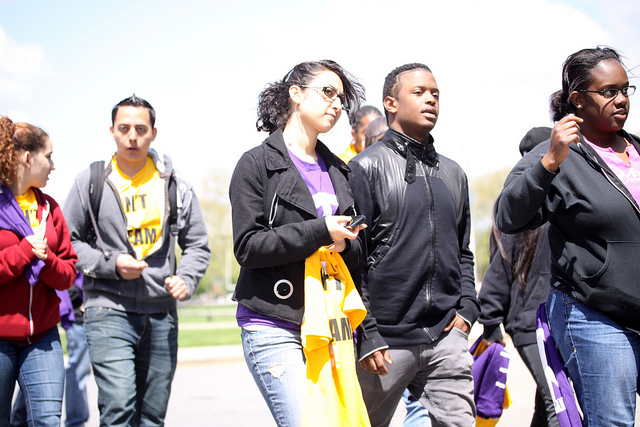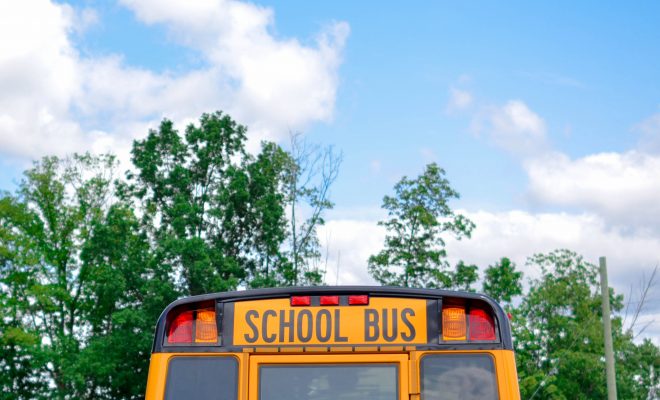How teachers can integrate drama into other lessons

**The Edvocate is pleased to publish guest posts as way to fuel important conversations surrounding P-20 education in America. The opinions contained within guest posts are those of the authors and do not necessarily reflect the official opinion of The Edvocate or Dr. Matthew Lynch.**
By Cormac Reynolds
There are few better ways to learn than to do and in a way, adding drama to lessons gives the learner a greater sense of doing.
For teachers, adding drama to their teaching and not limiting it to be used as a separate subject, can have notable benefits in the classroom. So, we thought we would compile some ways that educators can include teaching in and also outside of drama class.
Role Play
One of the simplest forms of drama is role play. Children love role play and tend to partake in it naturally when playing alone or with friends. In the classroom role play can have notable benefit from a very young age. For example, one classic example of role play involves children playing ‘shop’ as part of a money or decimal based maths lesson. The activity uses drama in an everyday manner and allows children to learn and put into action the previous lessons they learned about money in a fun manner.
Role play has a variety of uses in the classroom and can be used in conjunction with all sorts of lessons to give children a better understanding of a subject.
The above is another fine example of how drama can be integrated into other subjects such as science. This example shows how movement can really help children understand how molecules move and integrate with each other.
The lesson provides children and learners with a deepened understanding and also encourages them to retain more information.
History Re-enactment
History is also a subject that can be greatly enhanced by the power of drama. History in itself is often quite dramatic and some of the stories learned on the curriculum are potentially as entertaining as any fiction. This blog on the Guardian looks at the numerous ways it can be of benefit to history.
Therefore, utilising the power of drama for the end of history lessons can have significant benefit. From re-enacting historical events with props, to organising games of Quiz shows with students as starters, to even allowing the children to teach parts of the class – drama can have a notably positive impact on history.
English
Of course, the subject with the closest link to drama in a lot of ways is English and the language can needless to say benefit greatly from a crossover.
From acting out acts of plays in the classroom, to getting students to write dialogue for stories, to watching or taking day trips to see films, plays, musical shows or dramas – introducing and encouraging children to consume and partake in drama in all its variety is a good thing. Using English’s ties to drama and also its versatility you can encourage people to appreciate both subjects to a greater degree and maybe even go on to greater things in either or both according to Ken Clarke of americanacademy.co.uk. He claims he has seen many great musical theatre actors come from such beginnings.
For teachers drama should be seen as a tool, just as much as it’s seen as a subject. It can have notable benefits in and out of the classroom, can be a fantastic vehicle for learning and is also engaging and fun.
____
Cormac Reynolds is a lover of theatre and also smarter educational solutions. He has written for a number of fantastic blogs in his time and is delighted to contribute here. Contact him at @Brightoncormac on Twitter.





